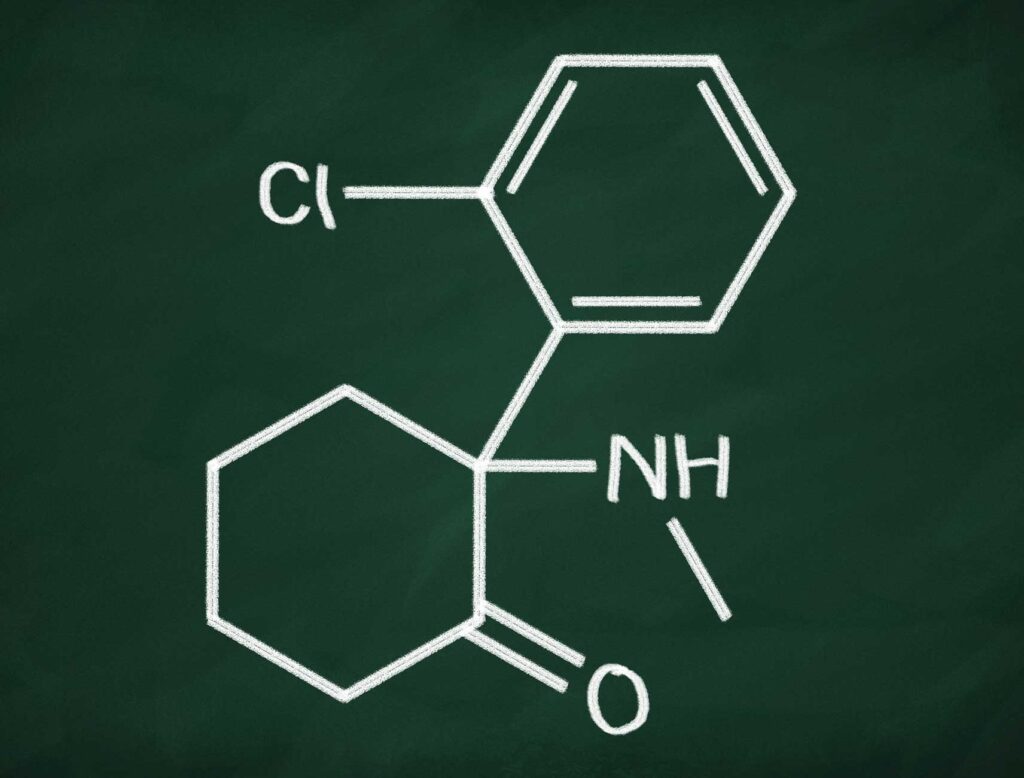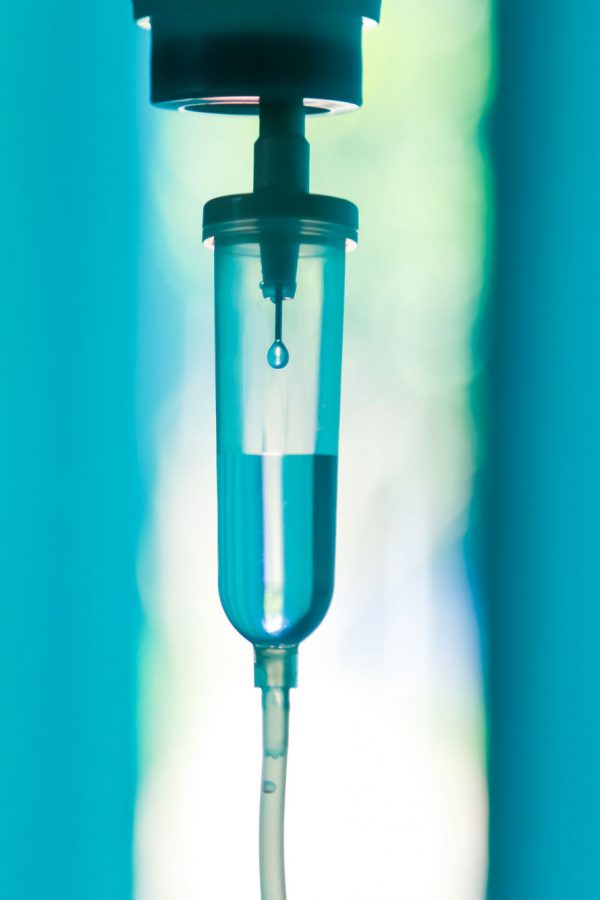Ketamine Infusion Therapy
What is Ketamine?
Ketamine has been around for over 50 years. It was first administered to humans in 1964 and was found to produce a unique affect termed “dissociative anesthesia.” It was originally approved by the FDA in 1970 as an anesthetic agent, and has historically been used in a wide variety of settings for additional indications such as pain management. More recently, Ketamine has gained recognition as a breakthrough off-label treatment for various conditions such as depression, anxiety, PTSD, addiction, and other conditions. Thousands of research studies have shown that ketamine infusions can be rapidly effective and life-changing therapy for people suffering from severe depression, anxiety, addiction, and PTSD.

How does Ketamine work?
Ketamine works by interacting with the NMDA receptor, different than many other available medications that act almost exclusively on monoamine neurotransmitter systems such as dopamine, norepinephrine and serotonin. In the early 1990’s an animal behavioral despair model study of depression first demonstrated that the NMDA receptor complex played a major role in antidepressant action. About a decade later, the first report was published of rapid anti-depressant effects associated with Ketamine in patients suffering from major depressive disorder. When people suffer from chronic depression, anxiety, substance use, and addiction, their neural connections may become compromised. Ketamine helps to repair this damage by stimulating neuroplasticity, restoring and strengthening new connections. Ketamine can disrupt negative feelings and preoccupations and help the brain create new, healthier patterns. Effects can be rapid, sometimes within minutes to hours, restoring your neurochemical balance and rebooting critical neural connections that allow you to experience dramatic improvements to your physical and emotional well-being.

Who is a Good Candidate for IV Ketamine Therapy?
If you suffer from depression, anxiety, PTSD, or addiction and have not had relief with prescription medication, psychotherapy, transcranial magnetic stimulation, Spravato or other traditional treatment modalities, then IV Ketamine Infusion Therapy may be an option for you. We are committed to helping those with complicated and treatment resistant disorders that have been given up on by other healthcare providers.
How is Our Approach different?
Ketamine infusions are administered through an IV. Other routes of administration produce unreliable and unpredictable absorption rates, leading to under-dosing or over-dosing. Each infusion is precisely tailored and optimized based on computer modeling of target blood level concentrations, not by standard mg/kg dosing protocols. This allows you to experience greater benefits from your treatment. We only perform one infusion at a time, you receive our complete attention. Each infusion is continually monitored and adjusted based on psychological and physiological response. Our infusion protocol follows guidelines as recommended by the American Psychiatric Association and the American Society of Anesthesiologists.
What are the treatments like?
On the day of your infusion, we request you have nothing to eat or drink several hours prior to your infusion. You will not be able to drive home after the infusion, and must arrange a ride. The infusions take place in our infusion suite, located within the clinic. You will relax on a comfortable recliner, and an IV will be placed. The infusion lasts approximately 40 minutes, you will be conscious the entire time and monitored closely throughout the process. Most patients describe the experience as pleasant and relaxing. Some patients may experience dissociative symptoms during the infusion, but these are typically short lived. The most common reported side effects are nausea, blurred vision, and dizziness.
How many infusions will i need?
We recommend a series of six infusions over the course of two weeks. Most patients start to realize improvement after the second infusion. You will have a follow up appointment after your last infusion, and periodic maintenance infusions may be performed if needed.
